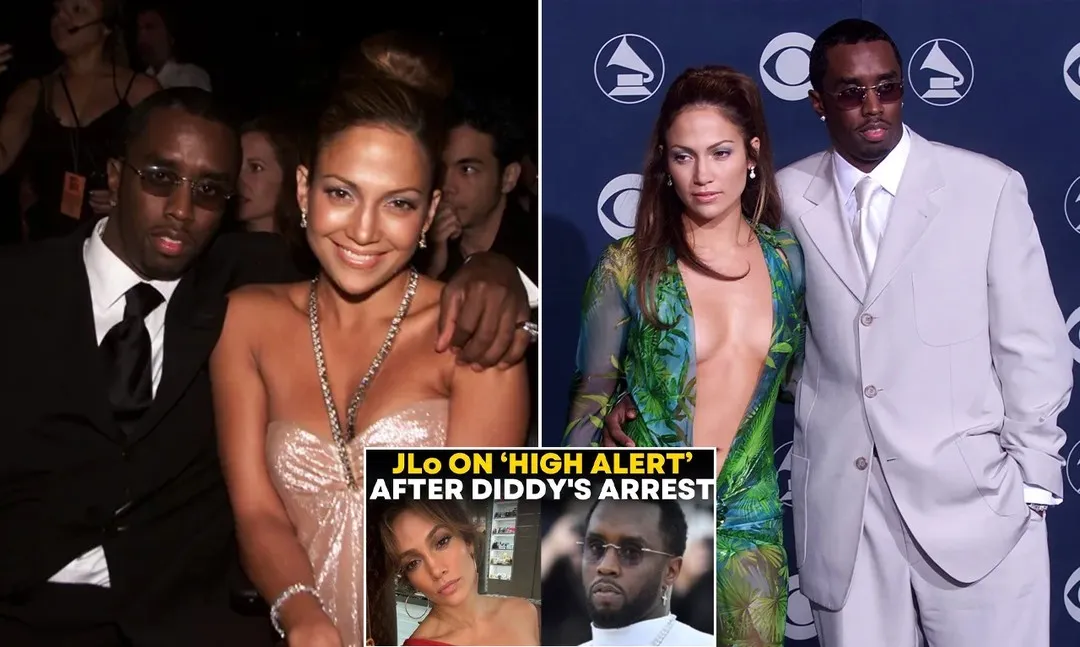The hip-hop world is no stranger to behind-the-scenes power moves, but a recent resurfaced rumor involving Memphis Bleek, Jay-Z, and T.I. has reignited debate over how decisions are made behind closed doors in the music industry.
According to social media buzz, Memphis Bleek allegedly claimed that Jay-Z didn’t want him to feature T.I. on his breakout single “Round Here,” even though T.I., still an up-and-coming Southern rapper at the time, was only charging $5,000 per feature.
While there’s no concrete interview or direct quote confirming this from Bleek himself, the rumor has spread like wildfire, with fans revisiting the story behind the 2003 track and questioning the motives behind such a decision—if it ever happened.
“Round Here” was a gritty, Southern-tinged anthem produced by Just Blaze and featured Trick Daddy alongside T.I., with the video set in the streets and the energy evoking early 2000s hustle and authenticity.
It was a defining track for Memphis Bleek, helping to solidify his position as more than just Jay-Z’s protégé under the Roc-A-Fella umbrella. But the latest claims suggest there may have been internal friction over who got to appear on the record, and who didn't.
At the time, T.I. was far from the rap mogul we know today. In 2003, he had just released Trap Muzik, which was gaining traction but hadn’t yet made him a household name.
Charging $5,000 for a verse was realistic for an artist trying to break out of the regional Southern scene and into mainstream visibility. For Memphis Bleek, whose career depended on carving out his own identity apart from Jay-Z’s shadow, choosing collaborators like T.I. and Trick Daddy made sense.
They both had street credibility, raw charisma, and their own followings in the South—a region Roc-A-Fella hadn’t fully conquered at the time. So why would Jay-Z allegedly object to T.I.’s involvement? Was it business? Artistic vision? Or something deeper?
Some speculate Jay-Z may have viewed T.I. as competition or simply didn’t see his star potential yet. Others believe it may have been about branding—Jay-Z might have wanted Bleek’s sound and features to reflect the Roc-A-Fella aesthetic, not the emerging Southern style.
Back in those days, there was still a distinct cultural and sonic divide between East Coast and Southern hip-hop, with some New York artists not yet respecting what was bubbling in Atlanta. If Jay-Z—always a calculated businessman—did advise against featuring T.I., perhaps he saw a mismatch in style or was trying to steer Bleek toward a different sound. Or, perhaps he just didn't want Bleek’s moment to be overshadowed by a rising Southern star who might steal the spotlight.
Despite the alleged resistance, the final version of “Round Here” does, in fact, feature T.I., making the rumor more intriguing than conclusive. Did Bleek go against Jay’s advice? Or did Jay ultimately sign off on the feature after seeing the chemistry on the record?
There’s also the possibility that the tension has been exaggerated in hindsight. In the years since, all three men—Bleek, T.I., and Jay-Z—have shared mutual respect in interviews, and T.I. has often credited artists like Jay-Z for paving the way in the industry. But the speculation itself reveals something important about how hip-hop fans view legacy, mentorship, and control.
For Bleek, who was always seen as Jay-Z’s “little brother” in rap, every move he made was under scrutiny. Fans now wonder how many other decisions in his career were influenced—or blocked—by the man who mentored him.
The rumor also serves as a reminder of how delicate the balance is between opportunity and perception in the music industry. A $5,000 feature from T.I. in 2003 seems like a steal today, given his eventual rise to superstardom.
Was this a missed opportunity to catch lightning in a bottle before it struck? Or was it a smart move by Bleek to include T.I., despite pushback? Either way, the track became a memorable moment in early 2000s hip-hop, and the speculation adds a layer of mystique to its creation. Until Memphis Bleek or Jay-Z directly addresses the rumor, it remains an intriguing “what if” that underscores how even minor decisions in hip-hop history can have ripple effects far beyond a single verse.



